Shabby chic
Shabby chic or shabby chic, as it is also called-a direction in design that appeared in the 80 – ies of the twentieth century. It combines several styles at once, but, despite this, it is individual and unique.
The main feature of the shabby-chic style is the use of things that were already in use in the interior.
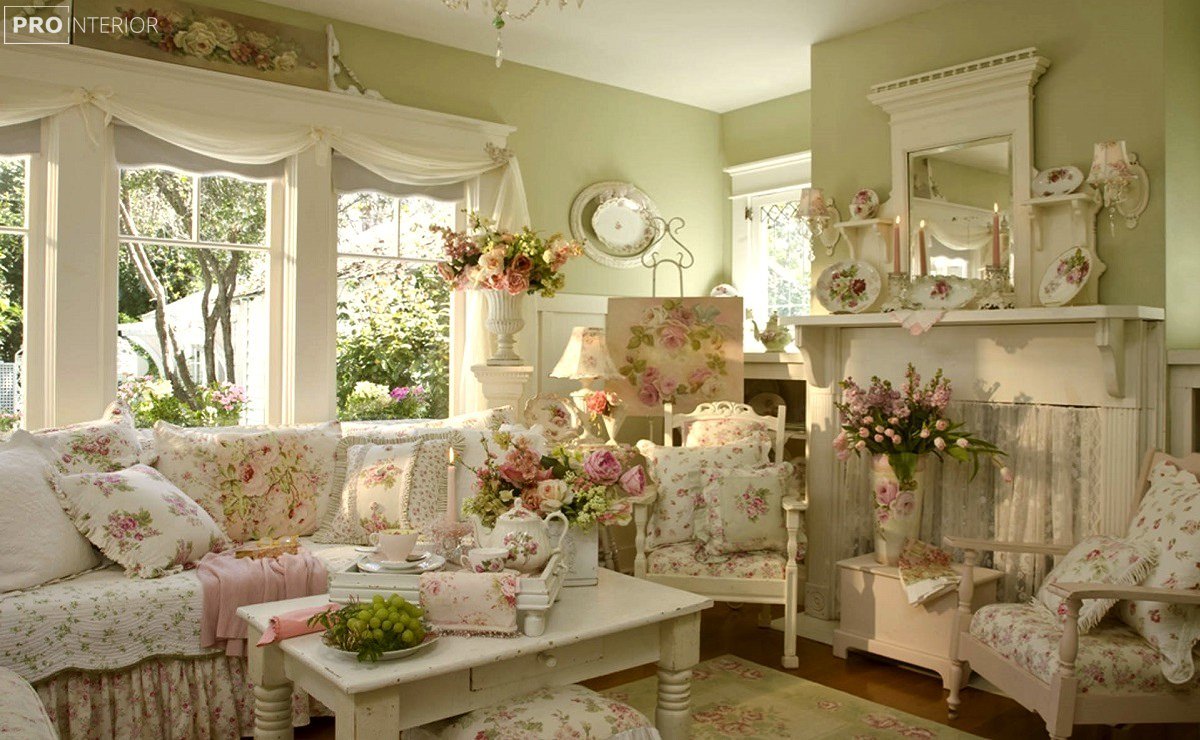
Little history
The founder of the shabby chic style is considered to be the English designer Rachel Ashwell. It was he who, in the late 80’s of the last century, came up with the idea to use old and slightly worn things in the new interior, giving them a second life. He believed that there is no better place to buy furniture and interior items like garage sales or attics with old, useless things.
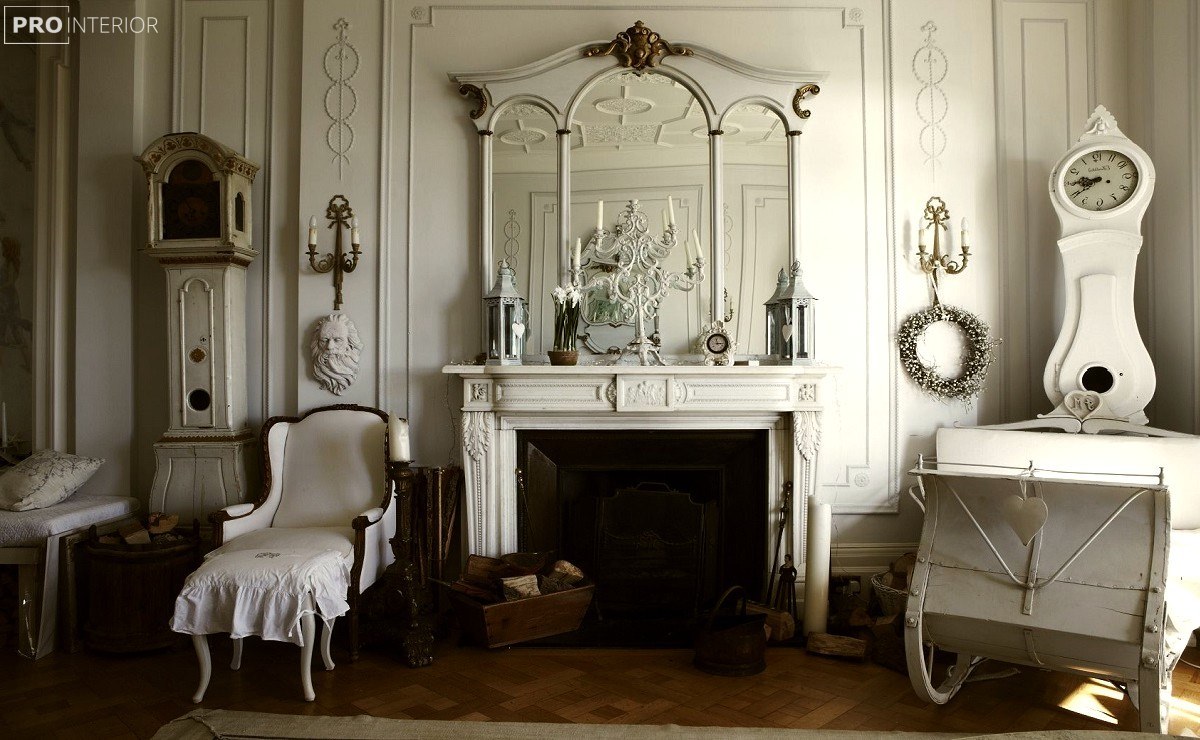
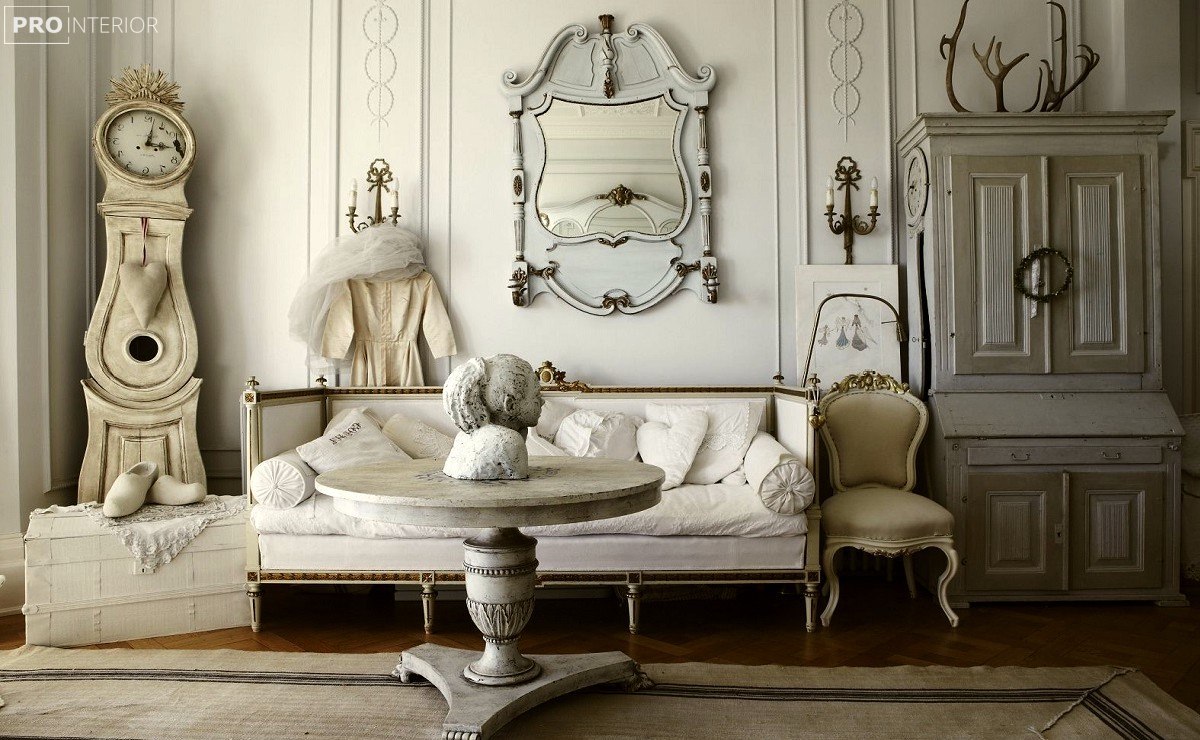
Color scheme
Shabby chic style is the epitome of tenderness, and accordingly it is dominated by pastel colors. Light blue, pale pink, milk, cream and dazzling white form the basis of the interior. However, other muted colors are often used: light green, green, yellow, and even blue.
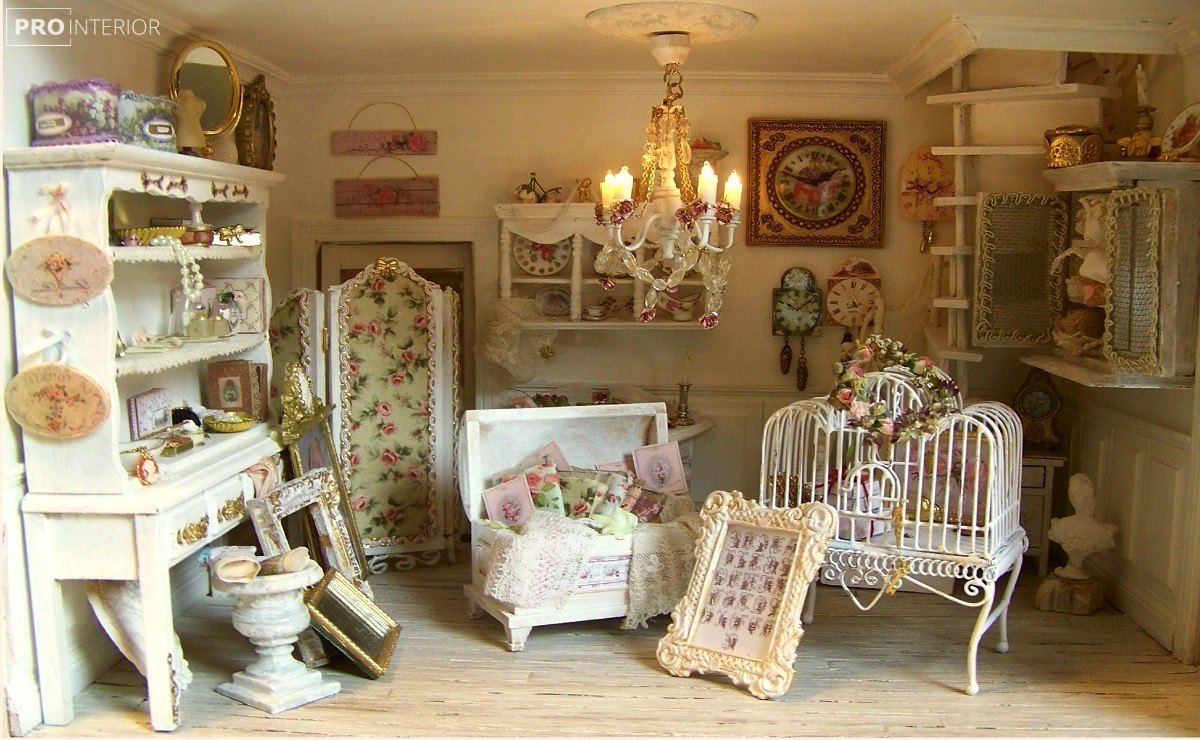
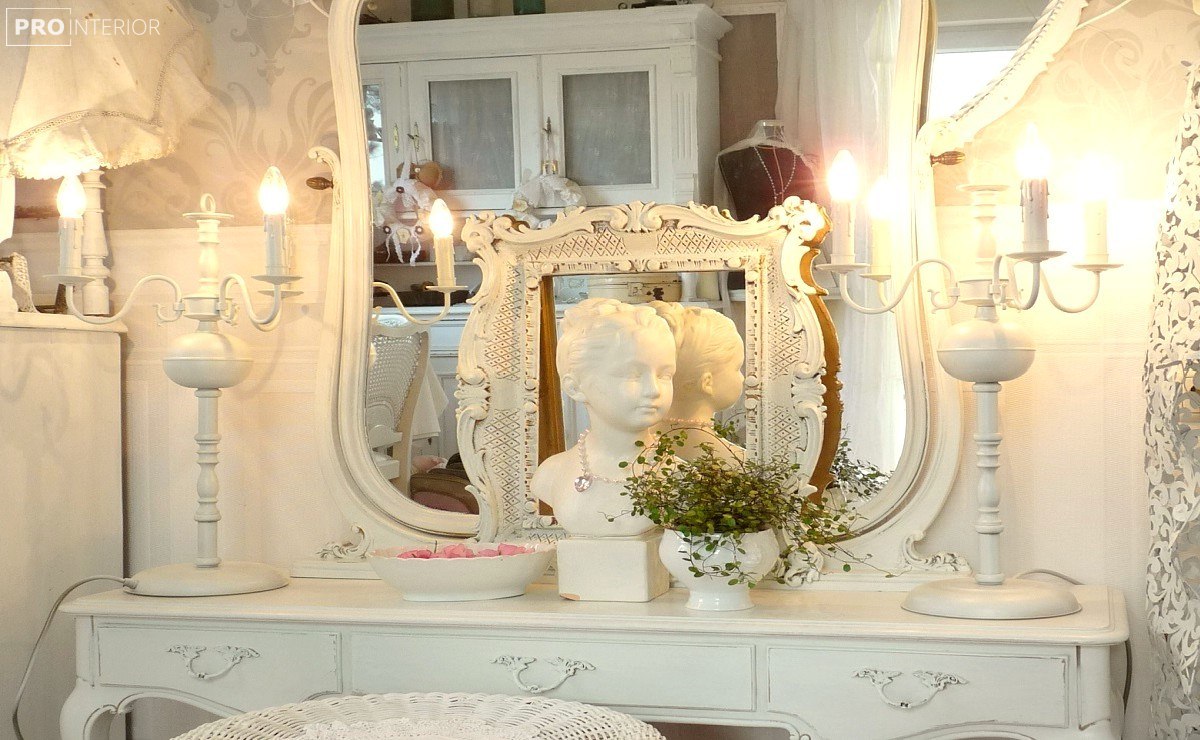
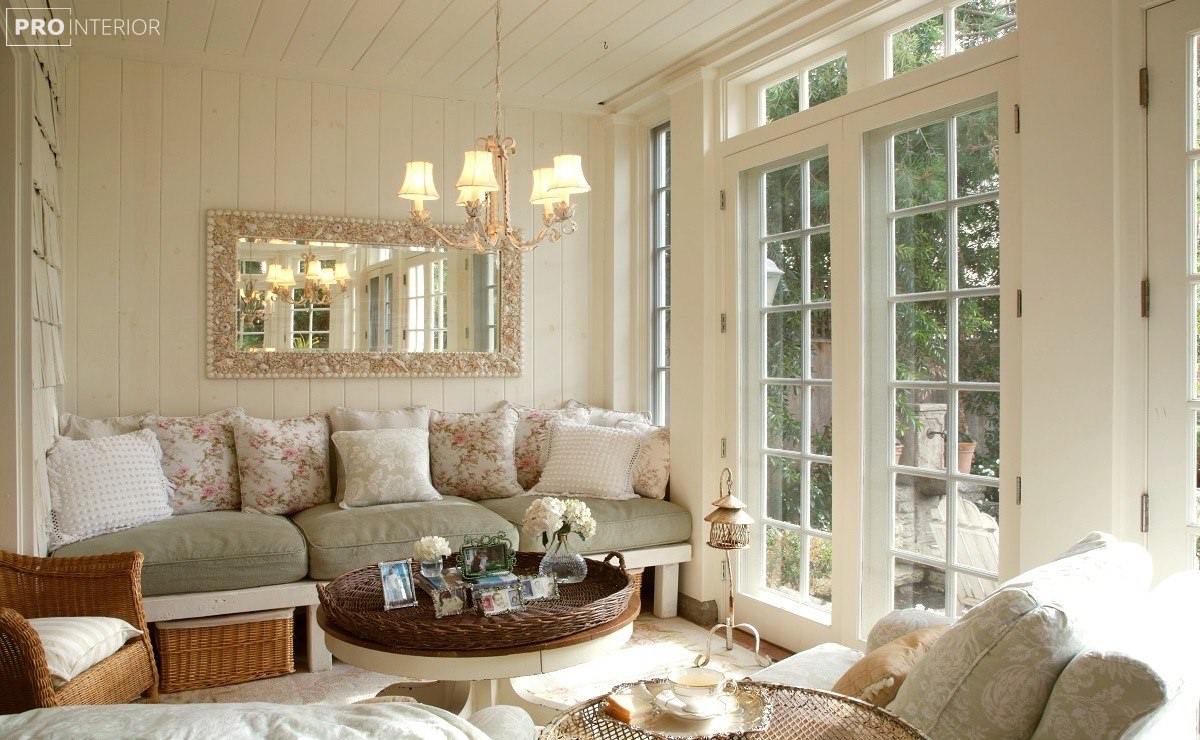
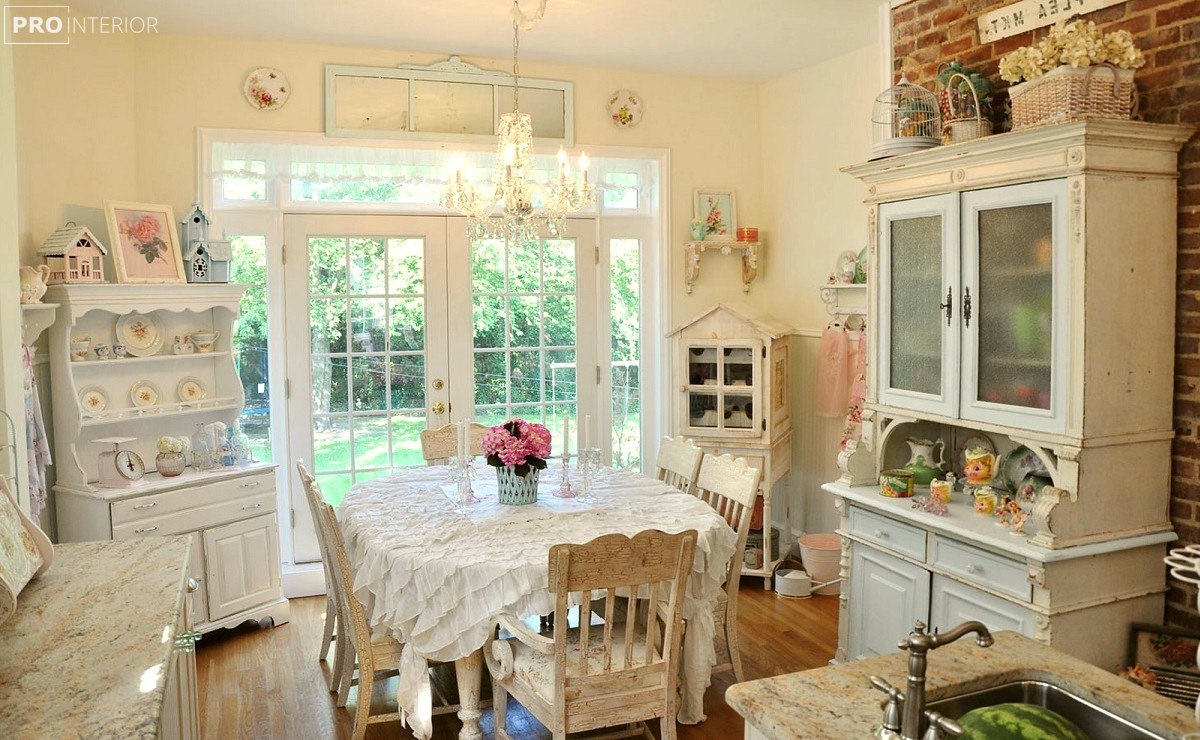
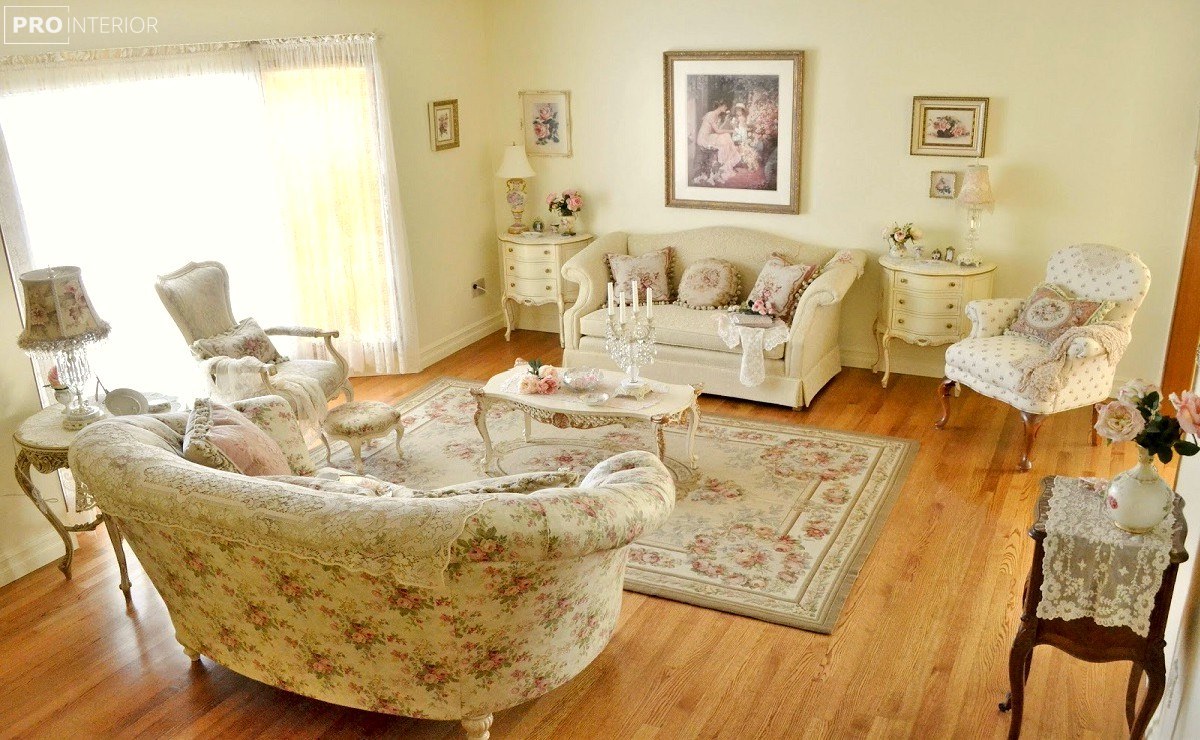
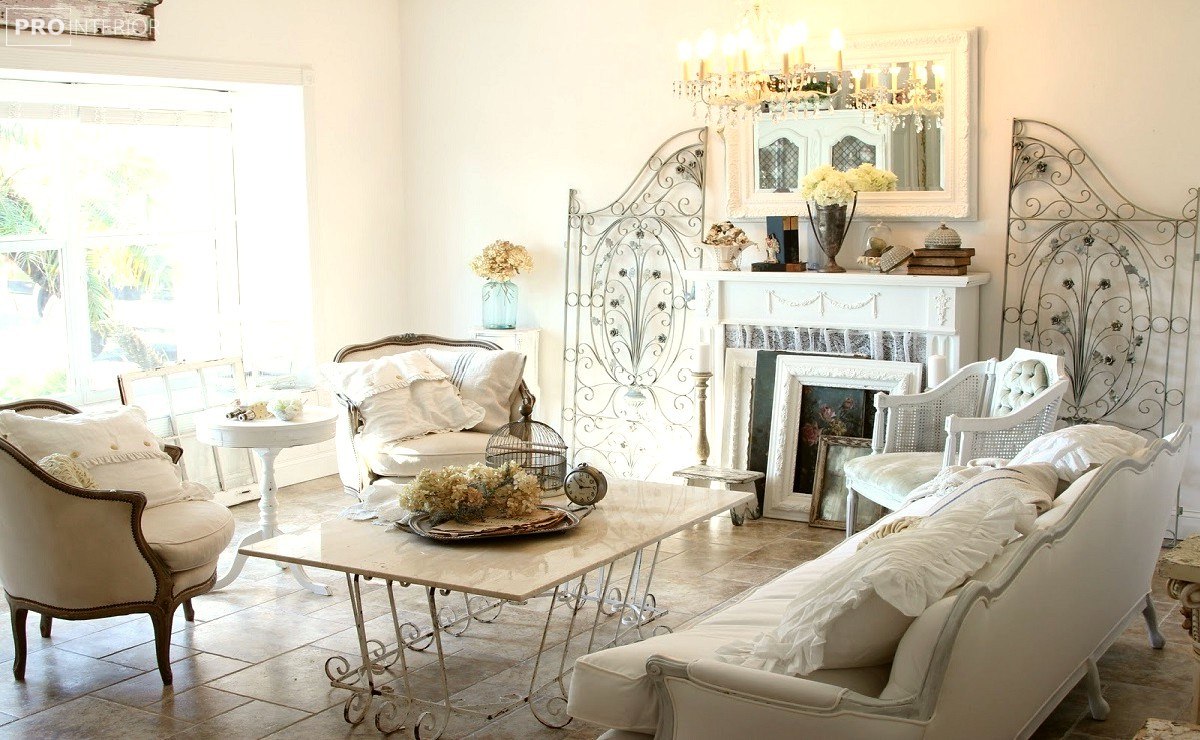
Shabby-chic furniture
Giving a second life to old things is the main principle of the shabby-chic style. That is why there are no strict criteria regarding the size, shape and stylistic orientation of furniture items. Old furniture itself is an ideal addition to the interior in the style of shabby chic, but the designers have come up with a way to apply modern furniture in the interior of this style. To do this, use the aging effect or “crackle” (the effect of cracked paint from time).
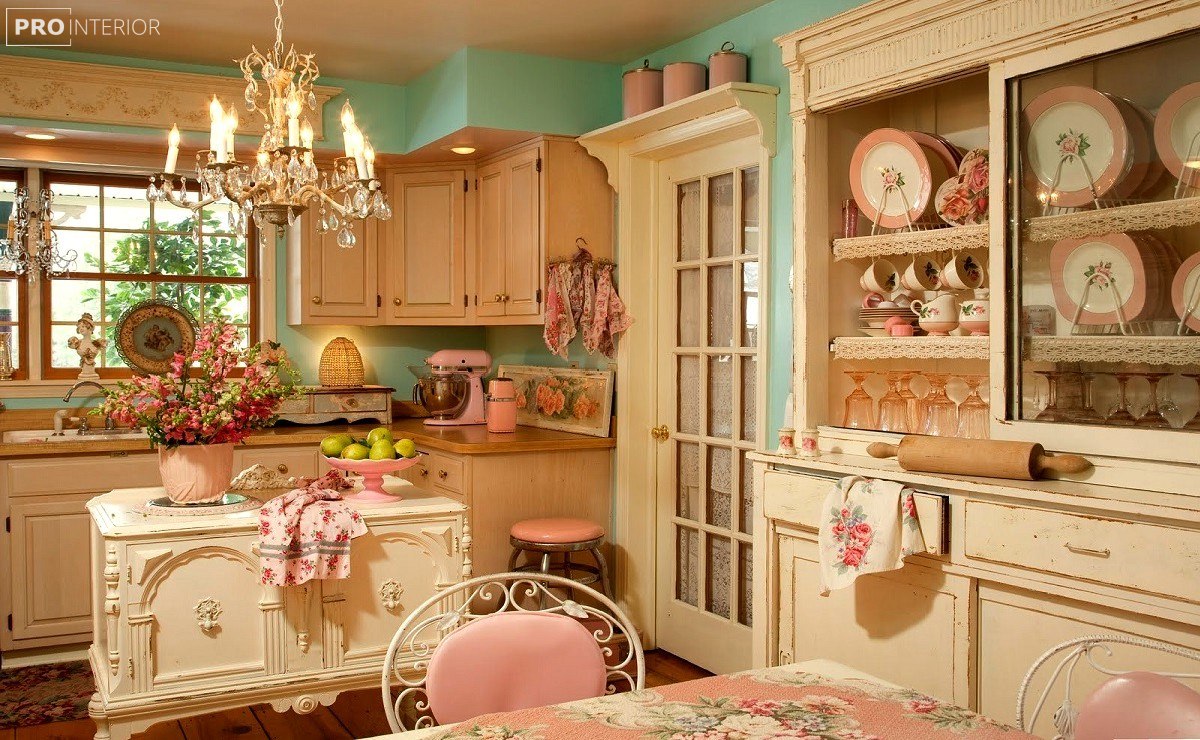
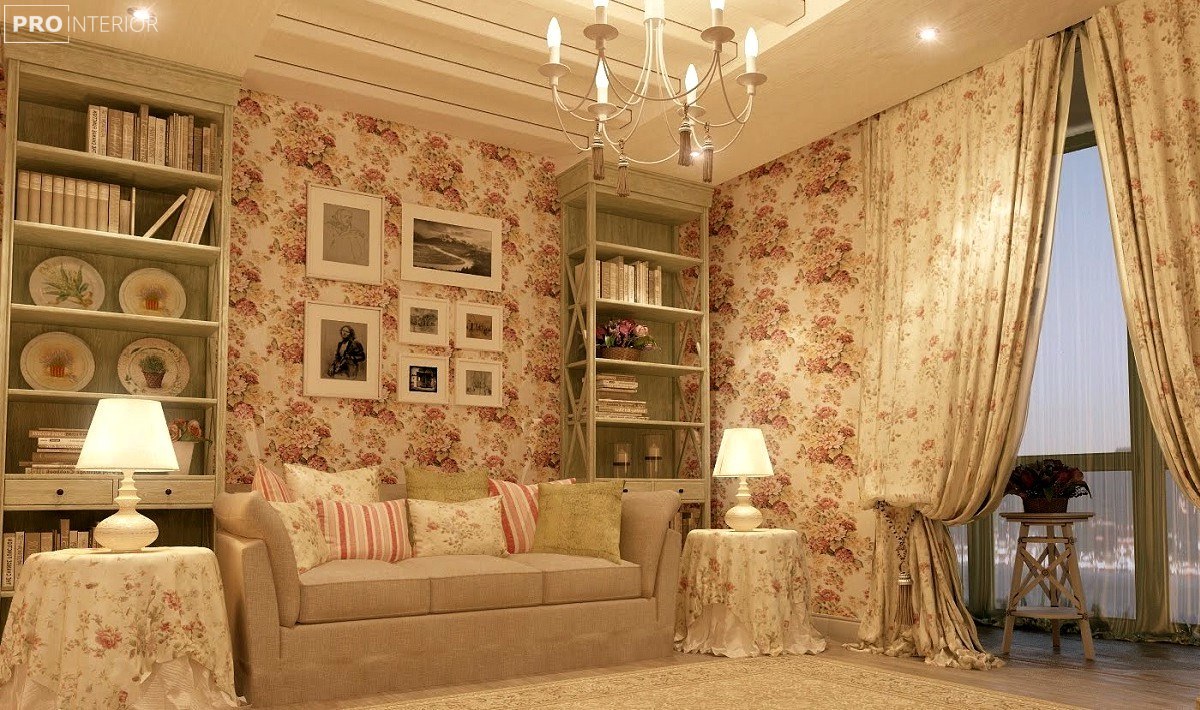
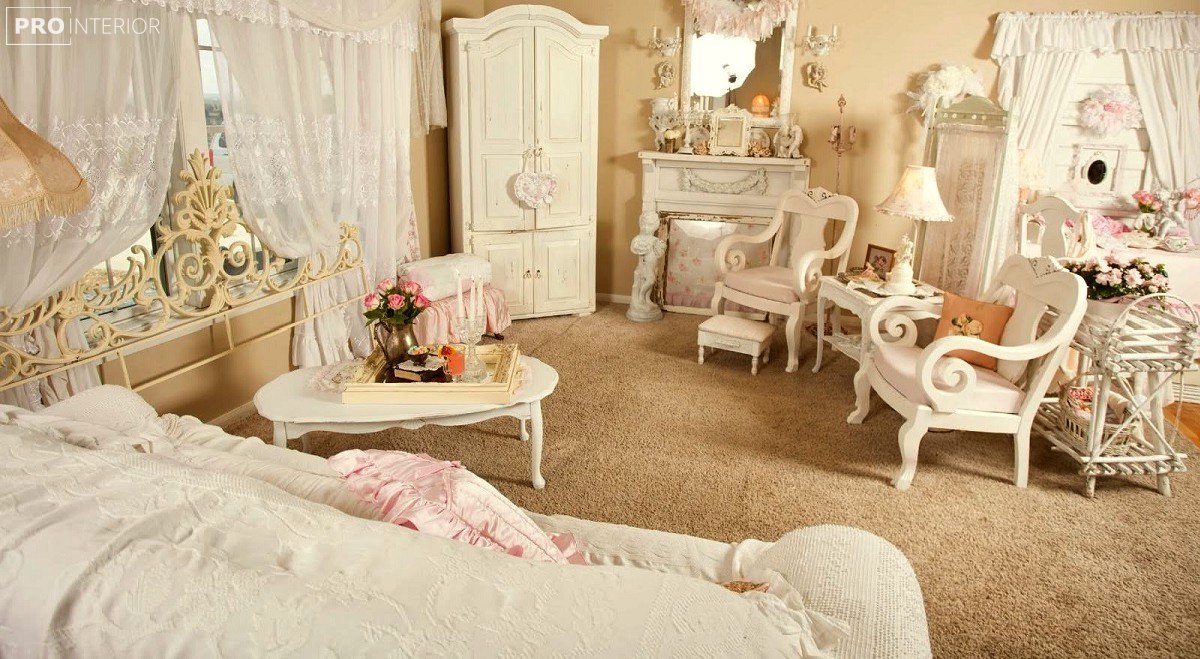
Finish
Natural materials are welcome in the interior. As a floor covering, light-colored parquet with scuffs or their imitation is used. For wall decoration, you can use ordinary whitewash or paper Wallpaper with a small pattern in pastel colors. As for the ceiling, it is often painted in a neutral color or just white, leaving all the irregularities of the surface in sight.
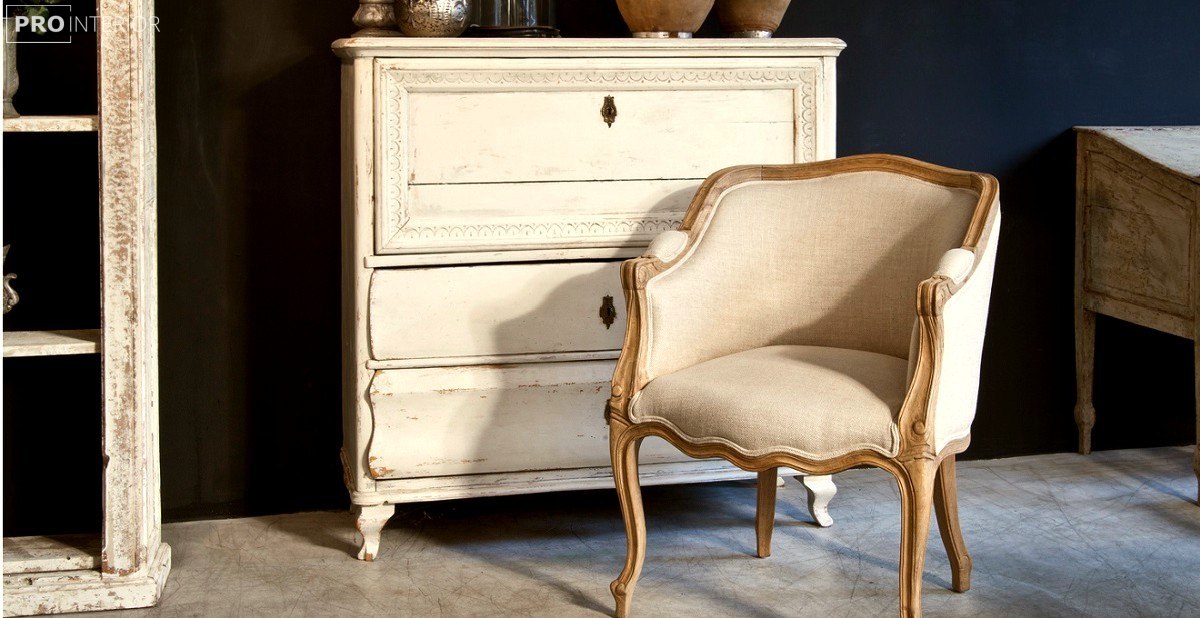
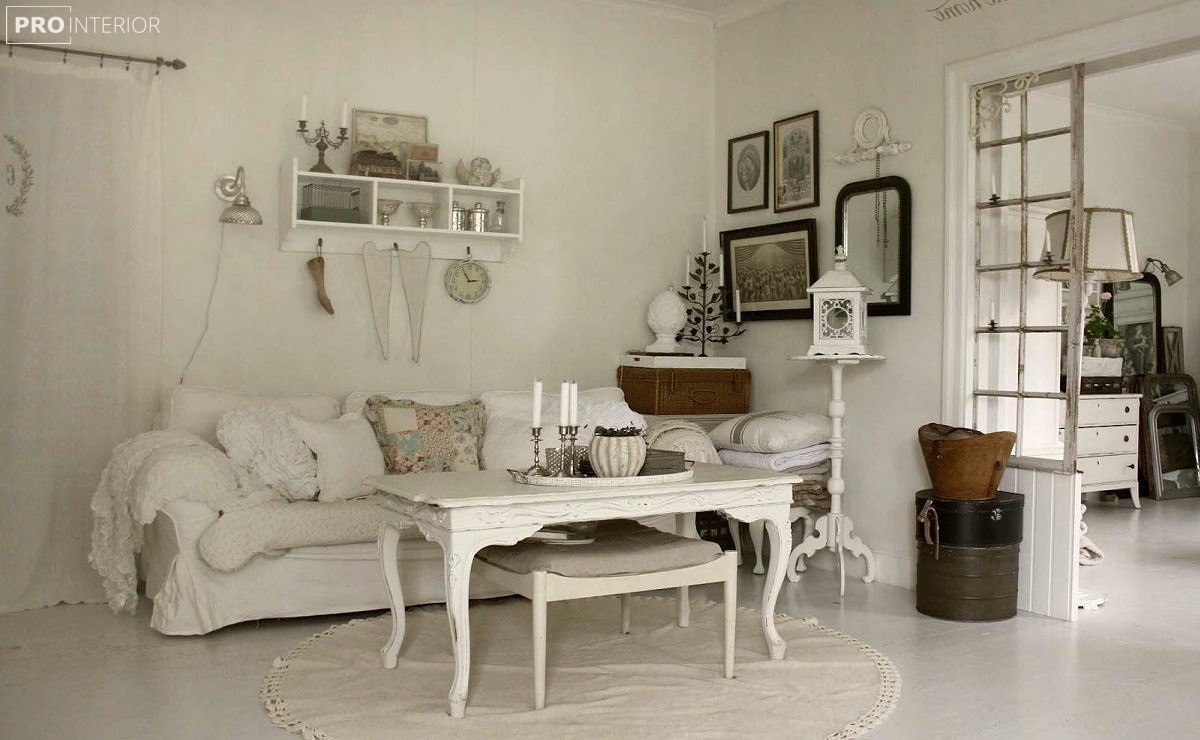
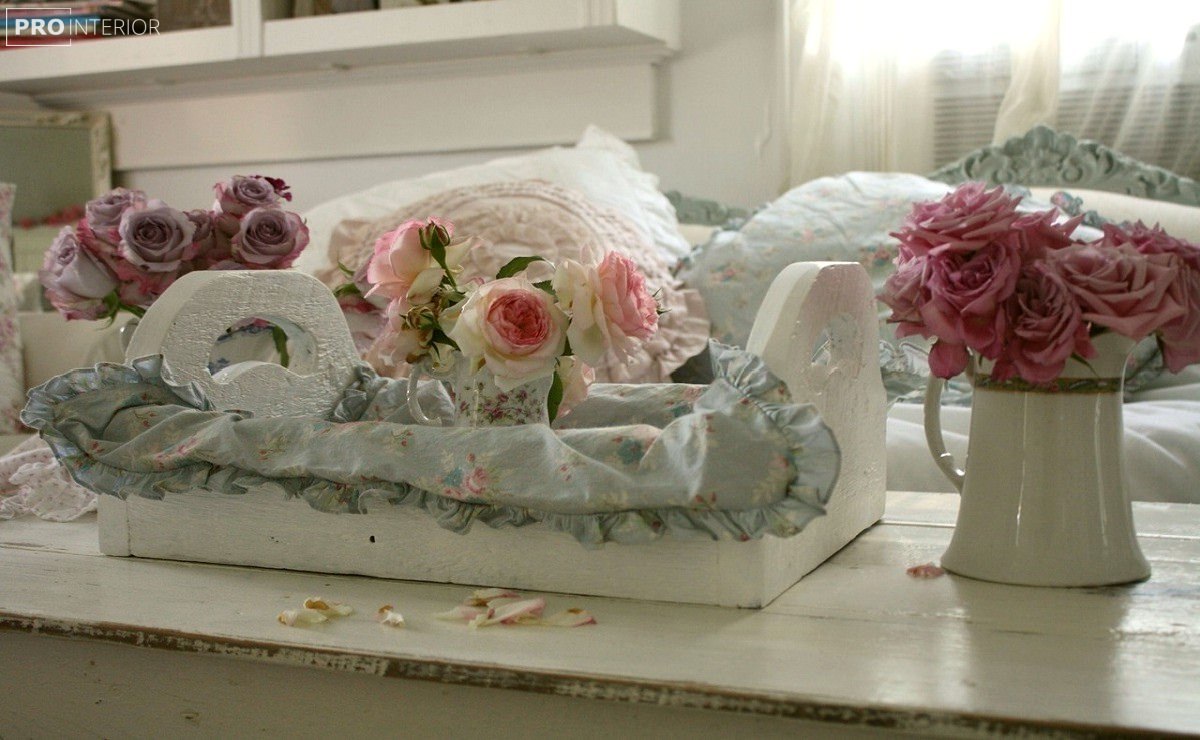
Materials
Shabby chic is impossible without textiles. It is used here in almost all elements of decor from the upholstery of chairs and sofas to fabric lampshades and heavy curtains. However, the tree is not inferior to it in terms of importance. When choosing flooring, furniture and even decorative elements, preference is given to it.
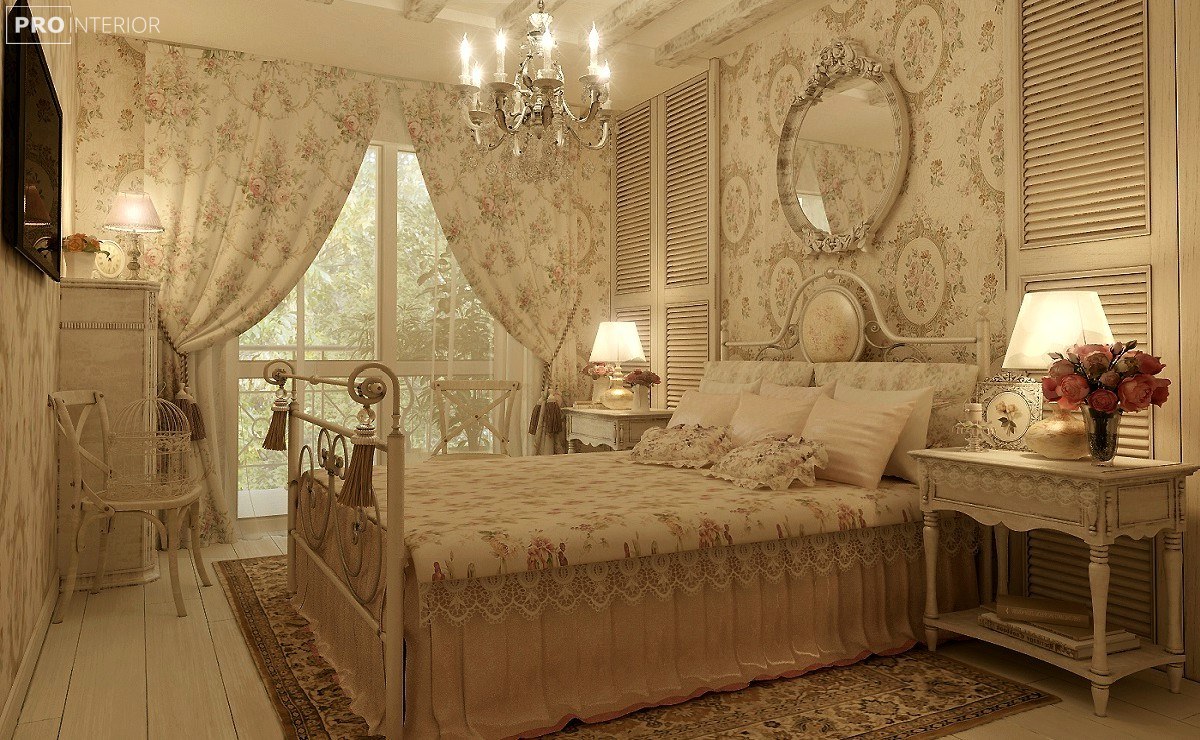
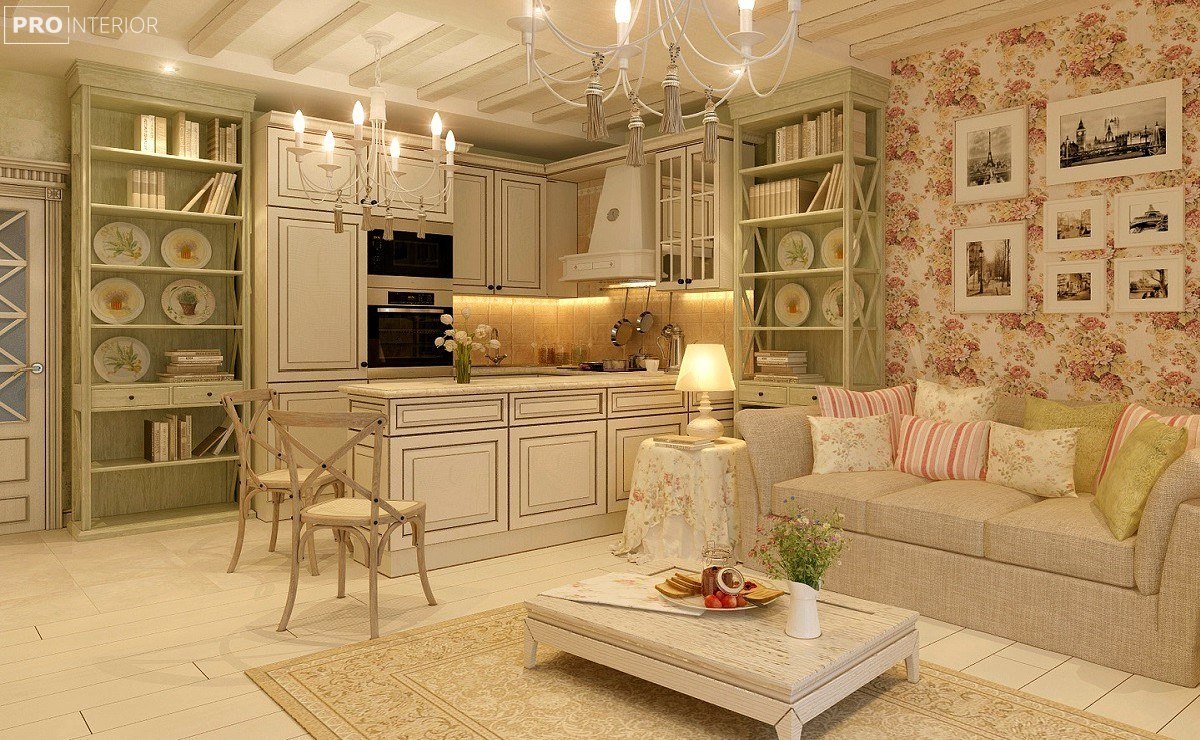
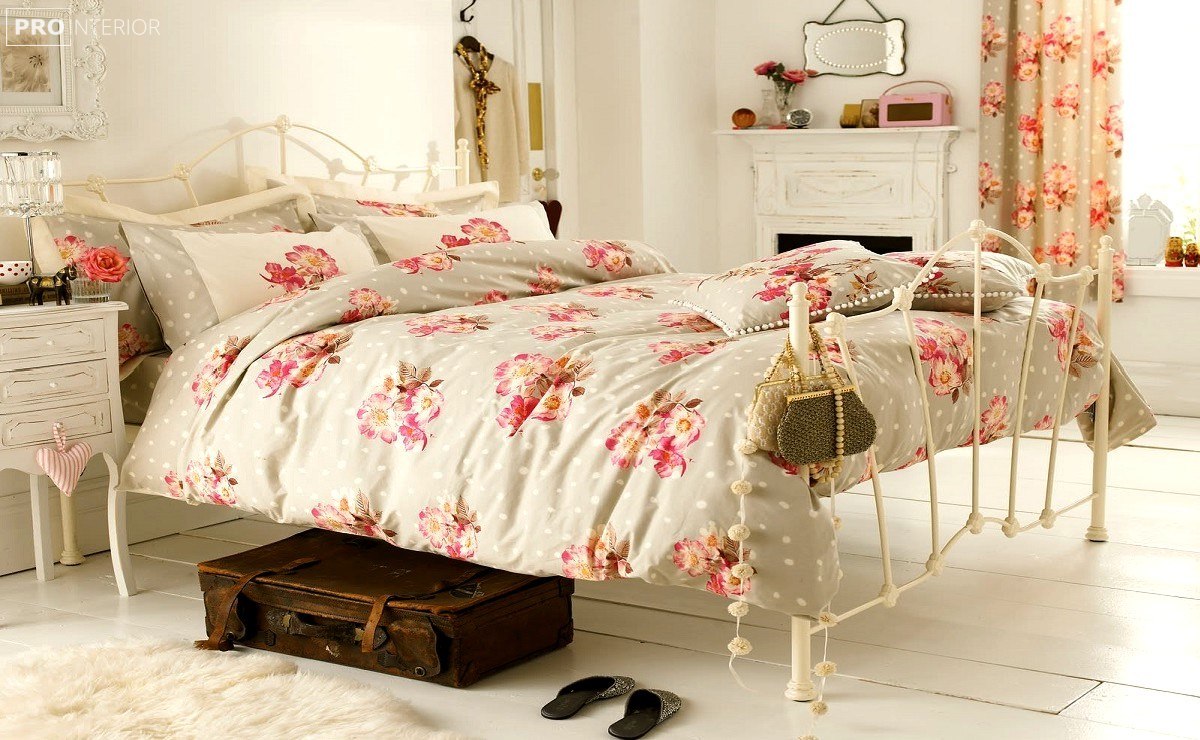
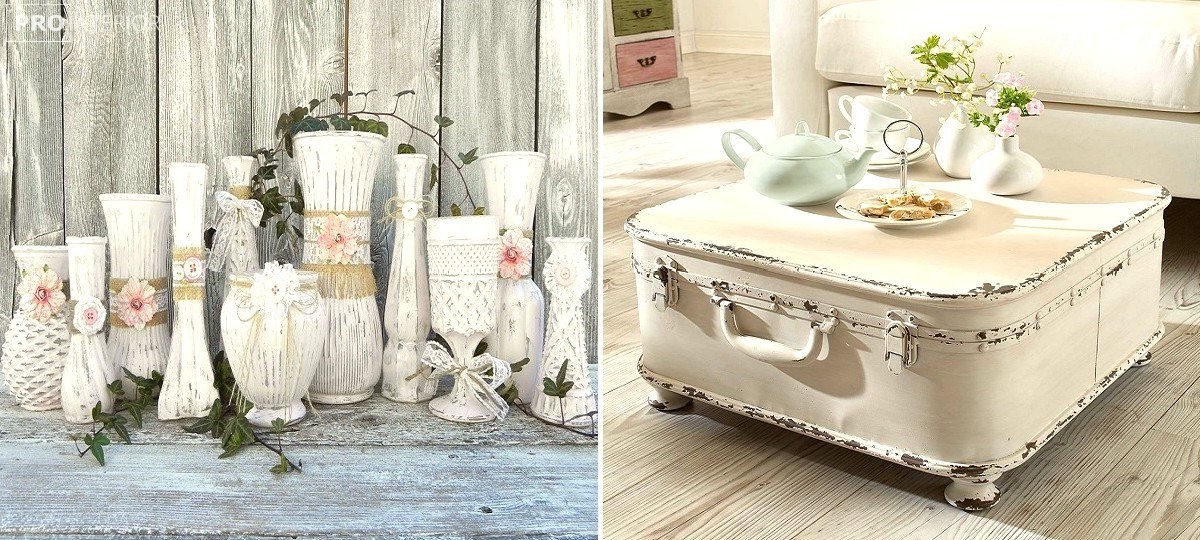
Decor
Often the interior contains elements borrowed from the past: gramophones, paintings in vintage frames, heavy candlesticks, wrought-iron chandeliers and mirrors in massive bronze portals. Special attention is paid to the decor of furniture-on chairs you can often see textile covers, on beds and sofas-covers of pale colors with a simple pattern. Openwork napkins, made in the macrame technique, and embossed dishes will add completeness to the interior in the style of shabby chic.
You may also be interested In:
Все, что вы не нашли на сайте, найдете с GOOGLE прямо тут "не отходя от кассы".




